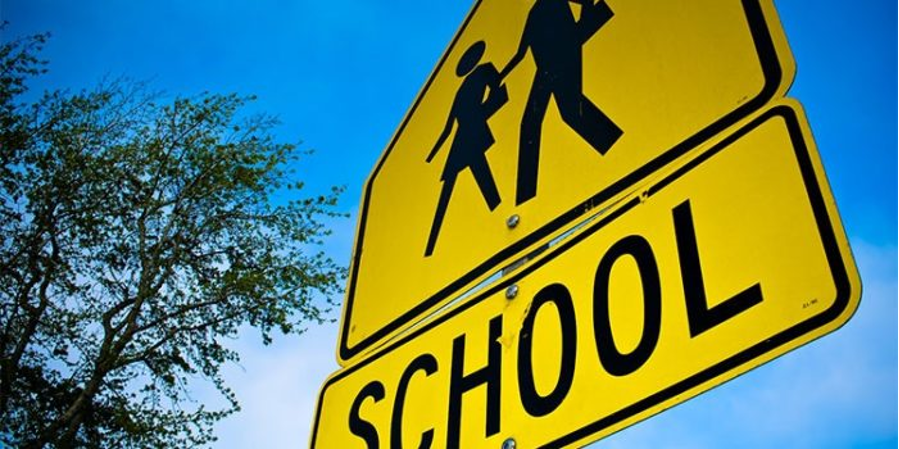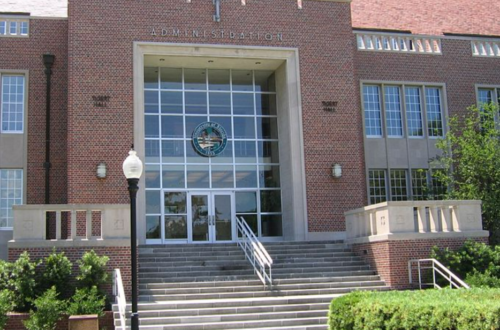When it comes to education, quality and quantity count. Thus, it is concerning that the results of Florida’s kindergarten readiness test revealed that out of 133,000 children, only 57% displayed a readiness to attend kindergarten.
In an already strained education system, attempting to play catch-up with underprepared children could pose a critical threat to academic success and economic growth in Florida.
Attending Pre-Kindergarten tends to increase readiness, and Florida’s universal Pre-K program has been running since 2005. Sadly, it has proven insufficient. According to the National Institute for Early Education Research, Florida’s Pre-K programs meet only two out of 10 requirements to be considered high quality.
This lack of kindergarten readiness is the tip of the iceberg. In perfect conditions, intensive teaching could prepare students for their time in primary and secondary schools. Instead, kindergarteners are entering a public school system that is struggling to educate 2.7 million students while being underfunded, understaffed and over-tested.
Florida ranks 46th in the U.S. for teacher pay, with salaries $10,000 below the national average. This issue is supplemented by a 10% higher cost of living in Florida compared to the national average.
Due to the economic strain placed upon teachers, there was a shortage of over 2,440 teachers as of January 2020. Other than low pay, teachers are losing morale due to feeling unheard, being forced to mold a curriculum to accommodate excessive standardized tests, and navigating confusing evaluation standards.
In addition to teacher shortages and inadequate Pre-Kindergarten, students entering Florida’s public education system will also feel the effects of declining education funding per student and poor apportionment of funds among high-income and low-income schools.
There are a host of issues stemming from COVID-19 that add fuel to the fire in the public education system. If the glaring inequality in the U.S. was not yet widely known, COVID-19 has shone a spotlight on discrepancies in income and opportunity across the country.
Many students lack access to stable internet connection or technology that is needed to be an online student. The students who depend on reduced prices or free breakfast and lunch from school also face hunger and ensuing health problems.
Other issues associated with school closures are a disconnect from professional instruction, stunted social development, declines in mental health and chronic absenteeism.
Life is still a long way from going back to normal. In our current COVID-19 situation, school enrollment could decline overall and learning will continue to be relatively ineffective. This paints a bleak picture for children entering Florida’s public school system, especially since many of them are already ill-prepared.
In the future, these undereducated children could translate to a less educated and skilled workforce, weakening Florida’s economy.
In most situations, there are usually some ways to mitigate damages. For example, if the pandemic has taught us anything, it is that contingency plans are crucial. An important element of such plans could be having adequate or even extra emergency funding available for schools.
With such funding, many of the aforementioned issues could be addressed, as well as issues specific to COVID-19. With enough funding, Florida schools could institute rigorous COVID-19 testing programs, install plastic barriers in classrooms, stagger attendance, and allow space for physical distancing in classrooms.
Though it is ironic to learn something from a crisis caused by a lack of learning, there are important notes to make here. The actions Florida legislators take now to fund, preserve and support the public school system will directly impact the productivity and growth of the economy in the next five, 10, 15 years.
Florida kindergarteners’ lack of preparedness need not be a sign of failure nor the cue to surrender. It is simply a challenge to overcome. At the end of the day, who is better equipped to live up to the challenge than a generation of well-educated children?
Featured image: School pedestrian crossing sign. Unmodified photo by Brian J. Matis used under a Creative Commons License.(https://bit.ly/3rVkhIY)
Check out other recent articles from the Florida Political Review here.





